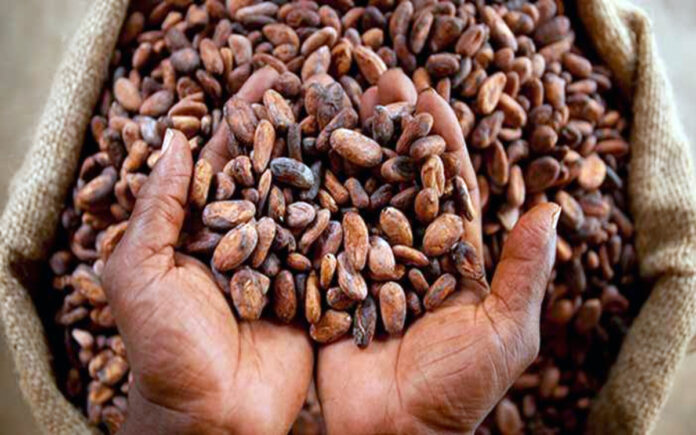Accra: Ghana’s cocoa marketing board, Cocobod, reported a profit of 2.3 billion cedi ($149.84 million) for the fiscal year 2022/23, marking a significant turnaround facilitated by debt restructuring, according to a report from the nation’s auditor general obtained by Reuters on Tuesday.
The report revealed that Cocobod achieved its first profit in six years following consecutive annual losses. Ghana, the world’s second-largest cocoa producer, has been restructuring its $30 billion debt, including obligations from the cocoa sector, to support a $3 billion, three-year International Monetary Fund program aimed at recovering from its severest economic downturn in decades.
In recent developments, Ghana finalized a deal with its official creditor committee and reached a tentative agreement with two bondholder groups to restructure approximately $13 billion of its debt, marking substantial progress in its debt overhaul.
Key milestones included a domestic debt program in 2023 that involved converting various bonds, including cocoa bills, into longer-term instruments with reduced yields to bolster liquidity for Cocobod.
According to the auditor general’s report on public corporations and boards, yet to be published, Cocobod closed the year with a profit of 2.3 billion cedi, a stark contrast to the 4.2 billion cedi loss recorded in 2022.
Also Read | Tragedy in the Peruvian Andes: 23 Dead as Bus Plummets Off Cliff
Ray Ankrah, Cocobod’s deputy CEO, credited the turnaround to the debt restructuring efforts. “We faced substantial financing costs; our interest rates were around 34%, but they have now decreased to 13% following the restructuring,” Ankrah stated.
Ankrah highlighted that higher global cocoa prices, increased bean sales, currency stability, and improved cost management also contributed significantly to Cocobod’s recovery.
The audit report noted a 41.7% rise in Cocobod’s revenue to 17.7 billion cedi in 2023, driven by heightened cocoa bean sales. However, the report cautioned that Cocobod might still encounter challenges meeting short-term financial obligations due to liquidity constraints.
The surge in cocoa prices, more than doubling this year due to poor harvests in Ghana and Ivory Coast—traditional producers of 60% of the world’s cocoa—also played a pivotal role in Cocobod’s improved financial performance.



